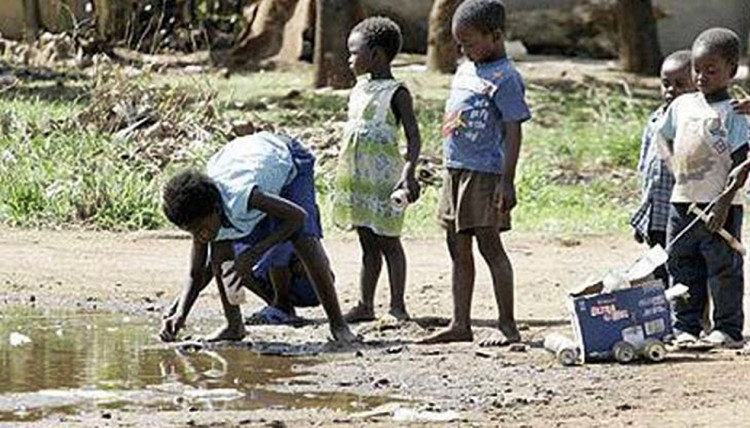Poor countries will be able to vaccinate 10% only of their populations in 2021 while rich countries could vaccinate their whole populations three times over, a study says.
The world's richest countries have bought far more doses of COVID-19 vaccines than they need at the expense of poorer countries, Amnesty International said.
Governments and the world pharmaceutical industry must take action to ensure vaccines are shared widely, said Amnesty and other organizations including Oxfam, Frontline AIDS and Global Justice Now.
"Nearly 70 poor countries will only be able to vaccinate one in 10 people against COVID-19 next year unless urgent action is taken," according to Amnesty based on recent calculations.
"Updated data shows rich nations representing just 14% of the world's population have bought up 53% of all the most promising vaccines so far," it said.
The organization encouraged support for a proposal by South Africa and India to the World Trade Organization to waive intellectual property rights for COVID-19 vaccines, tests and treatments to allow generic forms of these vaccines to be made.
Amnesty said Canada had bought the most vaccine doses per capita. Canada has secured enough vaccines to inoculate every Canadian five times. Canada has a population of 38 million people and more than 400,000 confirmed cases of COVID-19.
Canada has deals with seven pharmaceutical companies to deliver millions of vaccine doses at a cost of $764.6 million. Most of these vaccines are two-dose vaccines.
Last week, Canada increased its order with U.S. biotech firm Moderna, Inc. and now expects at least 40 million doses in 2021. By early 2021, Canada expects a combined 6 million doses of the Moderna and Pfizer/BioNTech COVID-19 vaccines.
The World Health Organization is calling on governments to make a vaccine a "public good" by not hoarding supplies and sharing with poorer countries.
The organization is the main backer of the world vaccine program known as COVAX - which seeks to ensure the equitable distribution of vaccines. A total of 189 countries have joined COVAX but some such as the U.S. refuse to join.
COVAX hopes to deliver some 2 billion doses by the end of 2021. This represents 20% only of the populations of countries that are COVAX members.
The World Bank supports COVAX - which is facing potential shortages of money, cargo planes, refrigeration and vaccines.
Declaring developing countries must have "fair and equal access to vaccines," the World Bank in early October approved $12 billion to vaccinate 1 billion poor people.
The money will allow developing countries to buy and distribute COVID-19 vaccines, tests and treatments.





